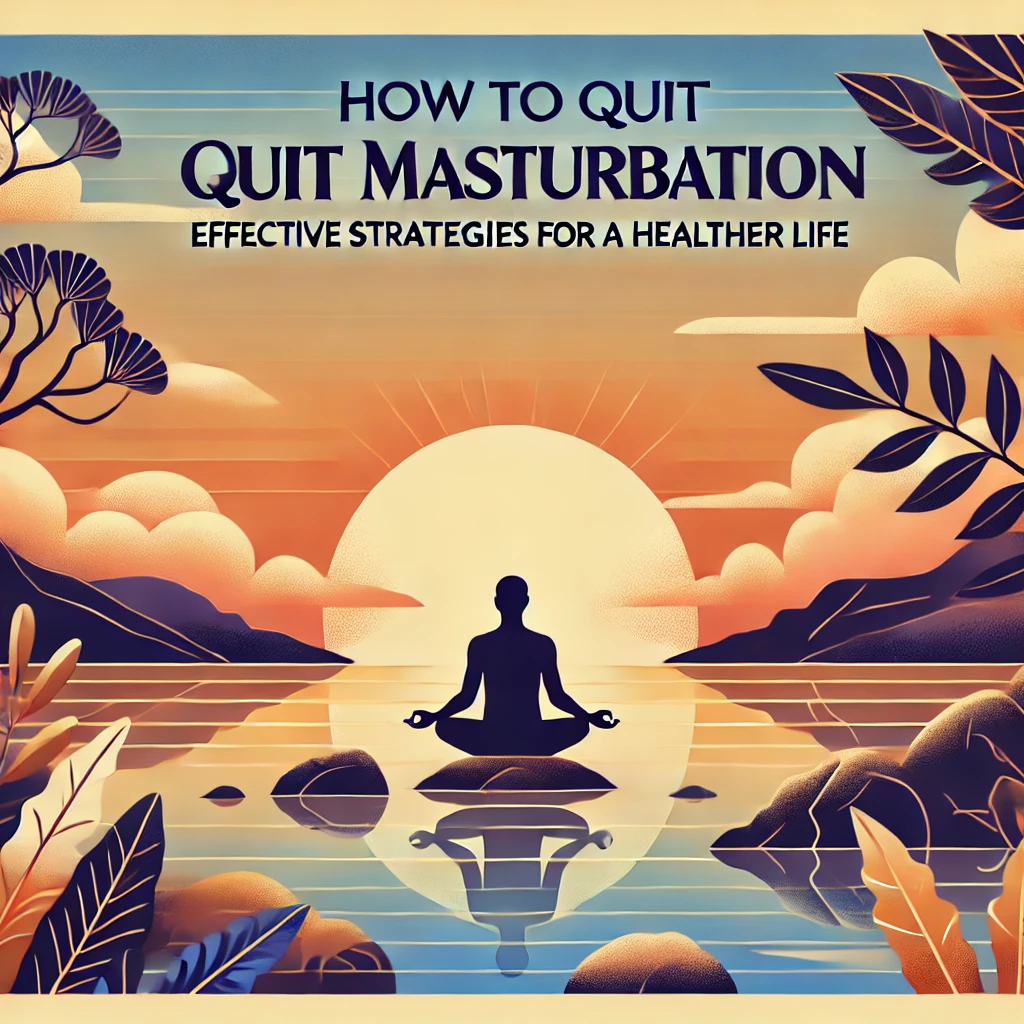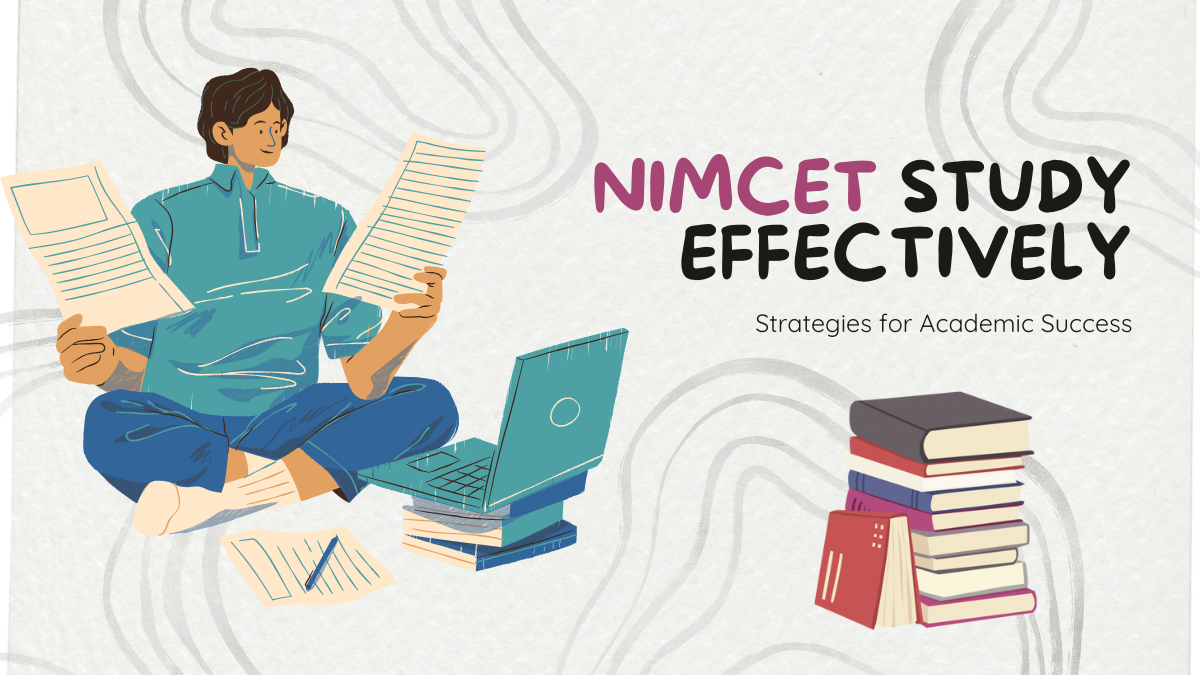
Learn how to quit Masturbation with this comprehensive guide. Discover actionable tips, healthy alternatives, and proven strategies to overcome the habit, improve focus, and enhance your mental and physical well-being.
Table of Contents
Masturbation is a common habit, often seen as a normal part of human sexuality. However, when it becomes excessive, it can negatively impact your mental, physical, and social well-being. If you’re looking for actionable steps to quit masturbation and regain control over your life, this guide provides an in-depth roadmap tailored to help you succeed.
What is Masturbation?
Masturbation is the act of self-stimulation to achieve sexual pleasure or orgasm. While it is a natural behavior, overindulgence can lead to dependency, disrupting various aspects of your life.

Why Do People Masturbate?
Masturbation is often triggered by:
- Stress or anxiety: It provides temporary relief from tension.
- Boredom: Lack of activities can lead to indulgence.
- Exposure to explicit content: Easy access to adult material increases the temptation.
- Curiosity: Many people explore their bodies as part of self-discovery.
Understanding the Effects of Masturbation
Positive Aspects
In moderation, masturbation can:
- Relieve stress.
- Improve sleep quality.
- Enhance self-awareness of your body.
Negative Aspects
Excessive masturbation can lead to:
- Mental fatigue: Over time, it can cause guilt, anxiety, and even depression.
- Physical issues: Chronic indulgence may lead to fatigue, muscle weakness, and hormonal imbalances.
- Relationship problems: It may reduce intimacy with your partner or lower your motivation to form real connections.
Why Quit Masturbation?

Quitting masturbation can bring transformative benefits, including:
Improved Mental Clarity
Excessive masturbation can cloud your focus and decision-making. Quitting helps restore mental sharpness and productivity.
Enhanced Physical Energy
Frequent masturbation drains your energy. By quitting, you can channel that energy into fitness, hobbies, or career growth.
Better Relationships
Breaking free from this habit allows you to focus on building deeper, more meaningful relationships.
Signs That Masturbation is Becoming a Problem
- You feel the urge multiple times a day.
- It interferes with your work, studies, or social life.
- You use it as a coping mechanism for stress or loneliness.
- You feel guilty or ashamed afterward.

How to Quit Masturbation: Step-by-Step Guide
1. Acknowledge the Issue
The first and most important step is recognizing that masturbation has become a problem. Self-awareness is the foundation for change.
2. Set Clear Goals
Write down why you want to quit. Whether it’s to improve your mental health, focus, or relationships, having a clear purpose will keep you motivated.
3. Identify Your Triggers
- Common Triggers: Stress, boredom, loneliness, or explicit content.
- Action Plan: Avoid these triggers by staying busy and limiting exposure to adult material.
4. Build a Productive Routine
Structure your day with activities that leave little room for unhealthy habits:
- Exercise: Physical activity releases endorphins, reducing urges.
- Hobbies: Explore new interests like painting, music, or sports.
- Social Interaction: Spend time with family and friends to combat loneliness.
5. Practice Mindfulness and Meditation
Mindfulness helps you become aware of your thoughts and urges without acting on them. Meditation calms your mind, making it easier to resist temptations.
6. Use Technology Wisely
- Install apps that block explicit content.
- Limit screen time, especially late at night.
- Use your devices for productive purposes like learning or working.
7. Seek Professional Help
If you find it challenging to quit on your own, consider therapy. Professionals can help you understand the root causes and provide effective strategies.
Healthy Alternatives to Masturbation
- Physical Exercise: Activities like jogging, yoga, or weightlifting help reduce stress and improve mood.
- Creative Hobbies: Painting, writing, or playing an instrument keeps your mind engaged.
- Volunteering: Helping others gives you a sense of purpose and reduces feelings of loneliness.
Building Self-Discipline
Start Small
Begin by reducing the frequency gradually instead of quitting cold turkey.
Stay Accountable
Share your goals with a trusted friend or join online forums for support.
Reward Yourself
Celebrate small victories to stay motivated. For instance, treat yourself to a movie or a meal after a week of success.
Dealing with Relapses
Relapses are a natural part of breaking any habit. Instead of feeling guilty, analyze what triggered the relapse and plan to avoid it in the future. Remember, progress is not about perfection but persistence.
Success Stories
Hearing from others who’ve successfully quit can inspire you:
- Rahul’s Journey: Rahul replaced his habit with daily gym sessions, leading to improved health and confidence.
- Anjali’s Story: Anjali found mindfulness meditation helped her regain control over her impulses.
Benefits of Quitting Masturbation

- Increased Energy Levels: You’ll feel more vibrant and active throughout the day.
- Improved Focus: Mental clarity will help you excel in work or studies.
- Better Relationships: You’ll build stronger emotional connections with others.
FAQs
1. Is masturbation harmful if done occasionally?
No, occasional masturbation is not harmful. The problem arises when it becomes excessive and interferes with your life.
2. How long does it take to quit masturbation?
It depends on the individual. With consistent effort, most people notice significant improvement within a few weeks.
3. Can quitting masturbation improve my energy levels?
Yes, many individuals report increased energy and focus after quitting.
4. What if I relapse?
Relapses are normal. Learn from them and keep moving forward. Progress is about persistence, not perfection.
5. Are there medications to help quit masturbation?
There are no specific medications, but therapy and counseling can provide effective tools to help you quit.








